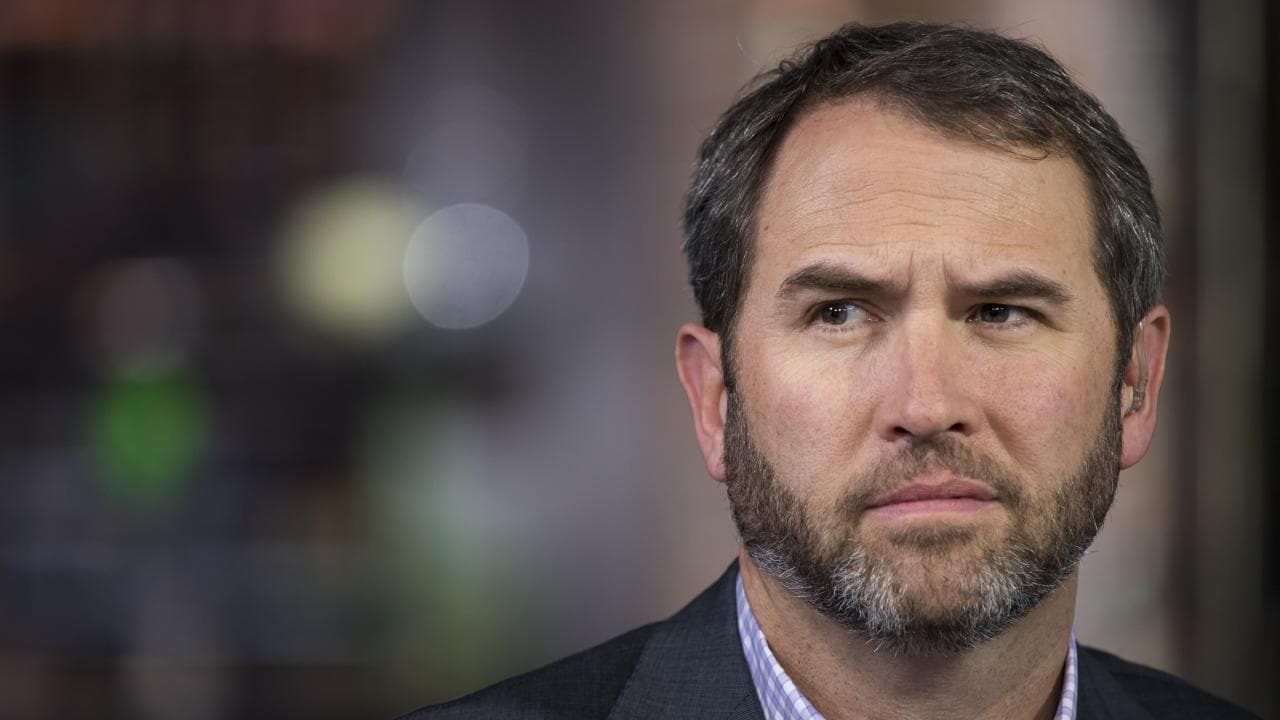Plaintiffs have filed an amended complaint against Ripple Labs in their two-year long lawsuit against the blockchain-based company. The modified lawsuit puts new pressure on Ripple CEO, Brad Garlinghouse.
BRAD GARLINGHOUSE ACCUSED OF FRAUD
The new amendment emphasizes CEO Brad Garlinghouse’s role in misleading XRP investors. It states that the head of Ripple repeatedly told the public that he intended to hold the token when in fact he was actively selling it. The complaint states:
Ripple’s CEO, Brad Garlinghouse, has also been a vocal advocate for investing in XRP. In a December 14, 2017 interview with BNN, when asked if he is personally invested in XRP, the CEO stated “I’m long XRP, I’m very, very long XRP as a percentage of my personal balance sheet.”
It goes on to say:
Rather, he [Garlinghouse] was dumping XRP on retail investors in exchange for dollars and other cryptocurrency. Defendants had exclusive or superior knowledge of material information regarding Garlinghouse’s XRP sales, but omitted it from their representations to investors . . . Accordingly, Garlinghouse’s statement was a misrepresentation and omission of material fact to investors.
The plaintiff’s primary argument in this case has been that Ripple Labs advertises the XRP token as a utilitarian tool to further greater business interests. They assert that the company instead uses the sale of XRP as its primary source of revenue, having no real interest in using the token for any other purpose. They have presented as evidence the fact that XRP is not needed for Ripple’s key services, such as xVia and xRapid (now RippleNet). Ripple Labs denies this claim, and insists that it has always been transparent about its use of XRP.
In February a federal judge dismissed some of the Plaintiff’s complaints, yet allowed the lawsuit to proceed. The current amended complaint is in response to this ruling.
RIPPLE XRP ASSET, SECURITY OR NOT?
A key element of this case is the question of whether or not the XRP token should be classified as a security under U.S. law. Ripple vigorously denies that XRP is a security, as such classification would introduce a range of regulatory hurdles that could make its business far more complex and costly. However, the plaintiffs insist that the token is a security based on how it has been marketed, governed, and sold.
This lawsuit is unlikely to be resolved soon, yet its conclusion will help answer some of the most pressing issues surrounding blockchain assets. Based on these recent moves, Brad Garlinghouse now has a personal stake in its outcome.
Do you agree with the Plaintiff’s complaints about the Ripple CEO? Add your thoughts below!
Images via Shutterstock











